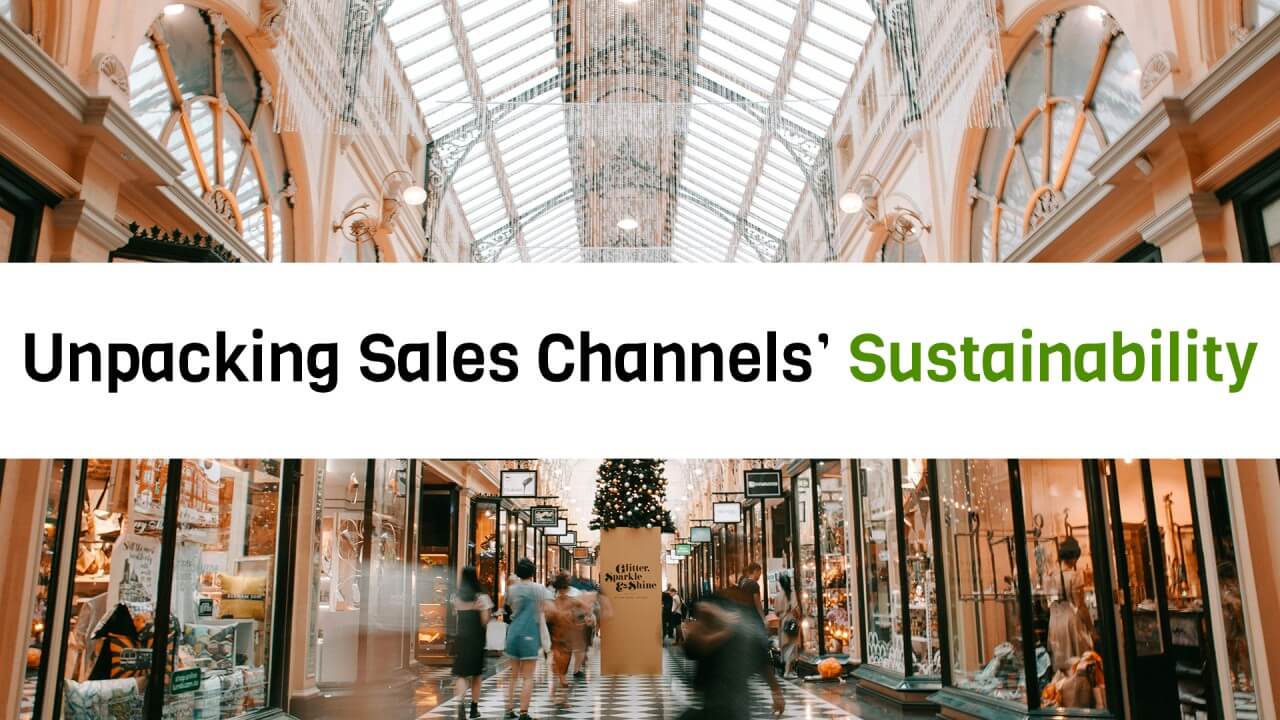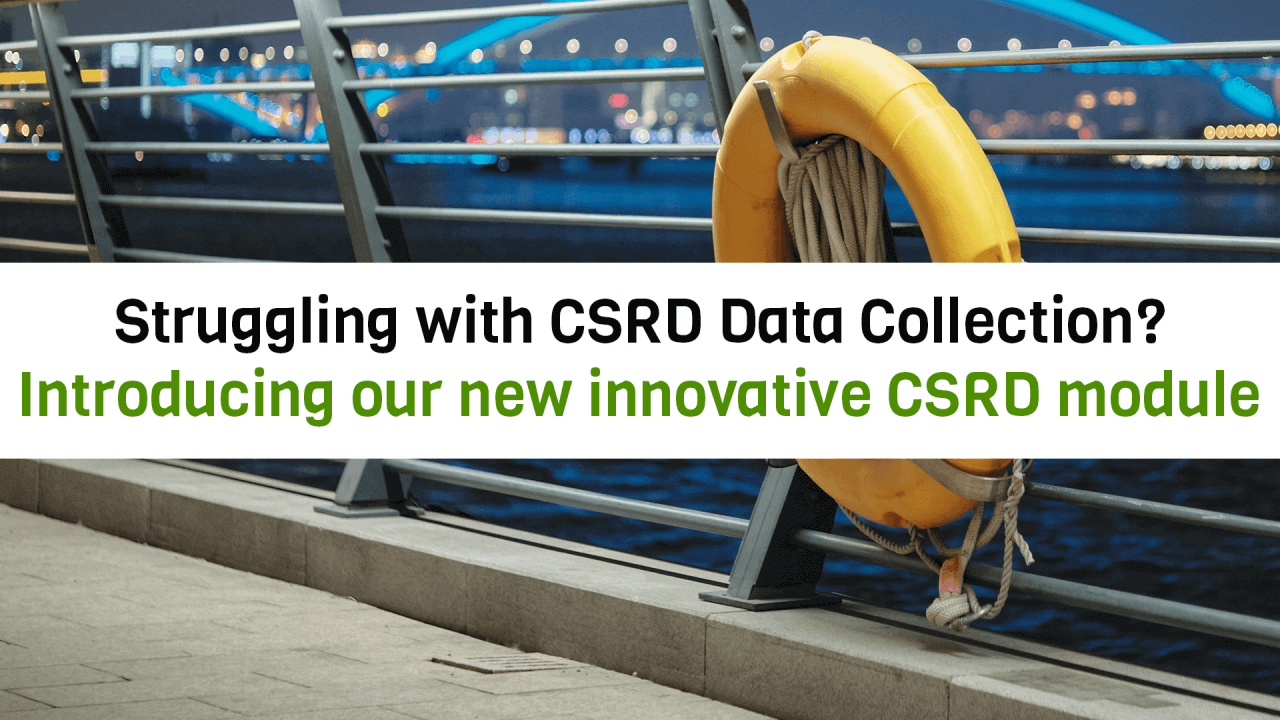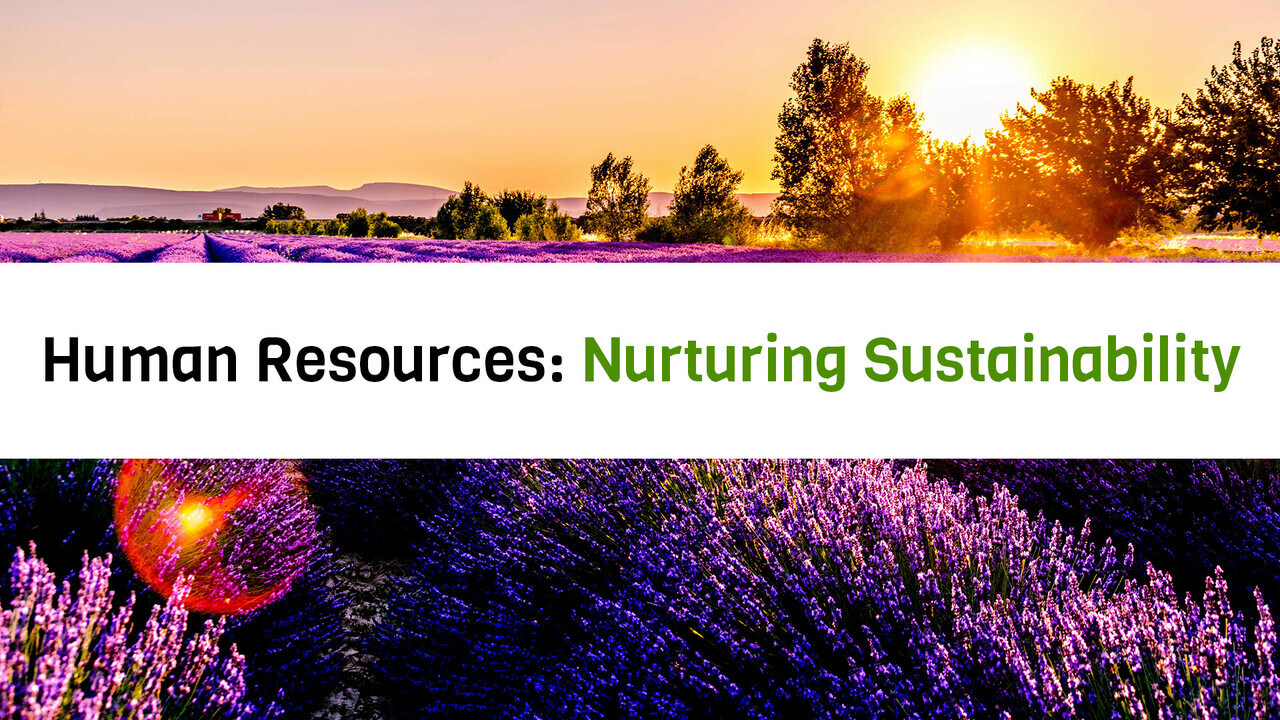5 minutes read: OpEd ” Unpacking Sales Channels’ Sustainability” featuring Patagonia , agood company , France new regulation on not printing sales receipt + The Green Link Sustainability DNA Diagnostic
Foreword:
65% of companies still don’t know where to start on their Sustainability Journey. This is why earlier in February, we released our Sustainability DNA Diagnostic, an industry-based 5mn survey with AI suggested next steps.

Want to test your organisation Sustainability DNA Maturity? Take 5mn to complete your assessment on our portal : https://app.thegreenlink.co
( Login: demo_en@thegreenlink.co | Password: D3mo_greenlink )
Op-Ed_
Unpacking Sales Channels’ Sustainability
Every organisation is selling its output to a market or an audience. Regardless of the fact that yours is a product company or a service company, the sales channel you use contributes to your overall environmental impact… But it doesn’t mean you can’t be smartly more sustainable in your sales channels’ activities.
1/ Patagonia ‘s 1% of total annual sales to support the environment.
In 2002 – and yes that’s over 20 years ago – Patagonia founder Yvon Chouinard & Blue Ribbon Flies owner Craig Mathew created “1% for the planet”. An environmental-friendly non-profit organisation funded by setting aside 1% of total annual sales of each company.
With over 5,200 businesses taking part in this initiative, 1% for the Planet has overtime collected more than $ 585M to directly fund grassroots environmental groups. What’s really interesting is that small businesses make over 80% of the 1% for the Planet network – and they have donated over $ 40M since 2002.

With a clear intent, easy to understand consumer participation through their purchase, companies that take the pledge, to set aside 1% of total annual sales for impactful & traceable projects, reinforce their sales process.
Lear more about Patagonia’s choice here and join the 1% for the Planet movement here.
2/ agood company transparent product environmental footprint as a sales enabler
The tricky thing about e-commerce is that, not having a physical retail network of shops doesn’t mean your environmental footprint is nil. Remember your scope 3 is your value-chain partners scope 1… And e-commerce distribution logistic will come at an environmental costs.
Which is why on one hand, AGood Company – created in 2019 by Anders Ankarlid in Sweden, contributes 4% of their net sales to their own A Good Foundation and being highly strict in their procurement process.
On the other hand, AGood Company transparently share details about their products climate impact with potential customers during their online shopping. This transparency is a real sales differentiator, a true enabler of conscious consumerism.

With a click on the blue logo of a product tile card , consumers are made aware of how much more climate friendly the proposed product versus more traditional alternatives.

AGood Company also has a “no free returns” sales policy, maximizing the opportunity for the consumer to make a meaningful purchase.
While it may seem as radical none-impulse-sales-friendly coercion, this simple sale policy contributes to reducing what is a significant environmental issue (each year in the US alone, customers return approximately 3.5 billion products, of which only 20% are actually defective).
Discover agood company product range here and click here to read more about their vision on their company blog.
3/ France ends compulsory printing of sales receipt
France passed its Anti-Waste Law that came into full effect in the summer 2023. One section – law n° 2020-105 – applies to all companies, small and large, invoicing a product or a service – making sales receipt not printable by default.
And it has been massively adopted throughout the country significantly reducing the volume of unnecessary discarded tickets that usually end up in garbage cans (90% of the time).
Just to give an idea of volume, a single hypermarket in a given year would usually use up to 10,600 rolls of paper are consumed to print cash register receipt. Implementing the no-printing by default will increase the chance of these trees to still grow and contribute to carbon-capture.
On top of the obvious environmental benefit, consumers will also experience an health benefit by not being exposed any longer to non-recyclable Credit Cart receipts loaded with endocrine disruptors.
The interesting twist in the change of policy – as there was no need for alternate technology or material – was to go back to the drawing board and challenge the reason why tickets were printed in the first place 🙂


